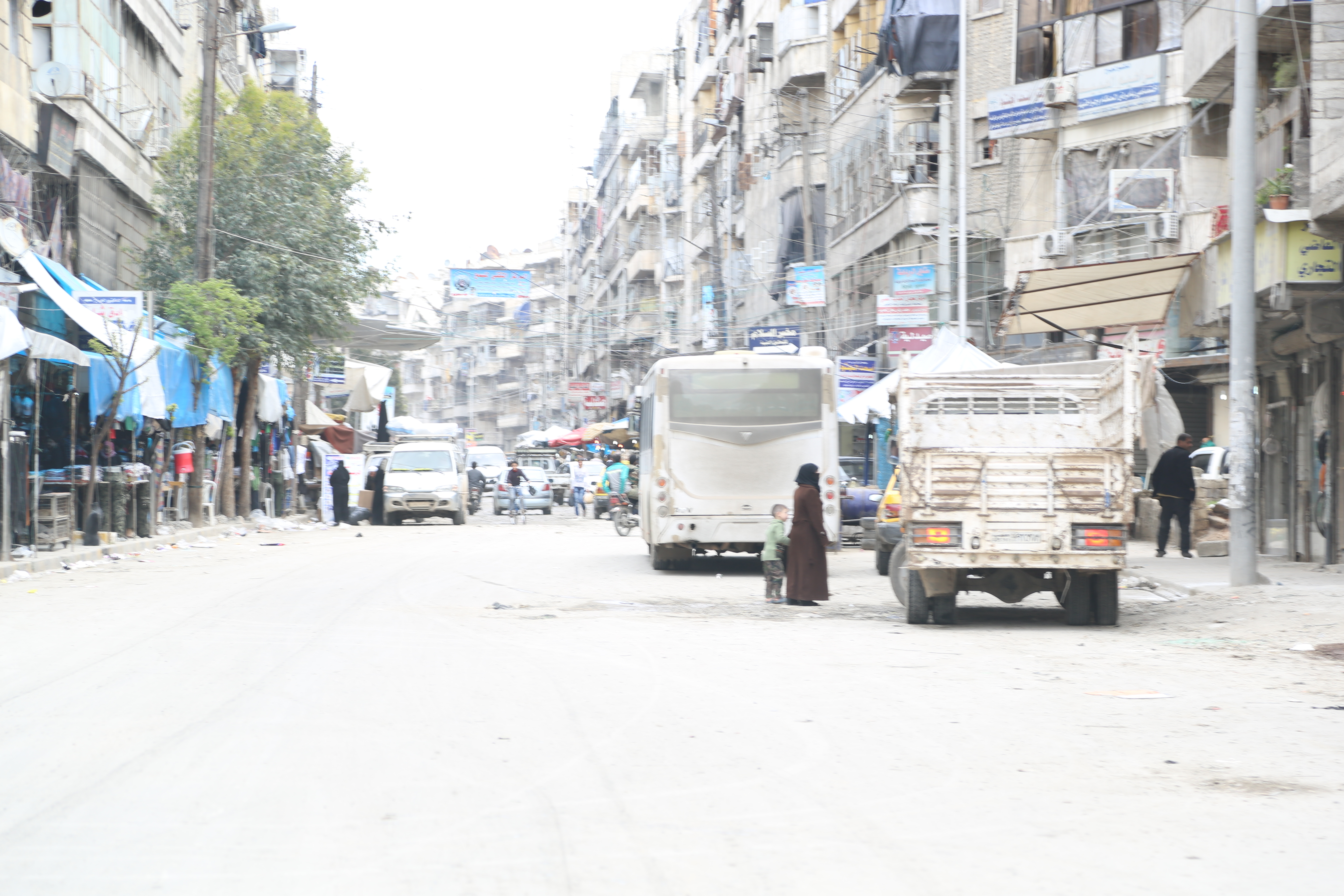Stranded in Aleppo

When my mother’s phone rang, my instincts told me it could be the first step towards a new life for me.
I had worked out who the caller was from my mother’s conversation, but I forced myself to remain calm. Previous bitter experience had taught me not to have high expectations.
When my mother finally spoke some ten minutes later, she said, “That was the doctor we spoke to yesterday. She has given us an appointment to go and see her tomorrow so you can have your eyes examined.”
I have been wearing glasses since the age of three. I have a condition that affects the retina called hypermetropia, also known as long-sightedness.
When I was younger, my ophthalmologist told me I could not undergo a corrective operation until I was 18. So I have grown up relying on spectacles.
As soon as we got home, my mother told my father that we would be travelling from Kfar Nabel to Aleppo the following morning. He immediately sprung into action and secured a vehicle and a driver for us.
My mother and I left home at seven o’clock the following morning. We were travelling to a government-controlled area so my father couldn’t accompany us as his name was on the Political Security’s wanted list.
Around an hour into our journey, the driver’s voice interrupted my wandering thoughts. He told us to have our ID cards at hand; we were approaching the first government checkpoint.

We made it through the sequence of checkpoints and finally arrived in Aleppo, entering the city at the so-called Roundabout of Death, the scene of many fatalities. We passed through that safely too and a few minutes later reached our destination, the private Al-Mustaqbal hospital in the Hamdania neighbourhood.
Dr Sawsan admitted us immediately, and after a brief chat examined my eyes. She asked me to wait to be seen by another specialist. Almost an hour passed before he could see me. The time was approaching one o’clock and my mother and I were growing anxious.
The specialist examined me using advanced equipment I had never seen before. I was deflated by his news.
“I’m afraid we can’t perform the surgery,” he said,
“The lenses we need to implant behind the lenses of your eyes are unavailable. Go home and I will call you when we have them.”
My mother and I left the hospital and headed to the Roundabout of Death to find a car to take us back to Kfar Nabel, but there were none available.
We called a distant relative, the only person we knew who lived in the city, but the number was not in service. We hailed a taxi and asked the driver to take us to the address of a family acquaintance. He told us that we only had the name of the neighbourhood and not the exact location. Nevertheless, he took us there and drove round and round in circles trying to find the house, but to no avail.
We were stranded in the city, and night was approaching.
We only had one option left; to travel to the refugee camps on the Turkish border where we knew a relative of my mother’s lived.
We spent hours on the road, stopping every now and then to ask for directions. We finally arrived there at 7pm and spent the night safely in our relative’s tent.
I will have to wait longer for my new life to begin.
Amina al-Yousef, is the pseudonym of a Damascus Bureau contributor who lives in Idlib. The 21 year-old is a law school graduate and has been displaced along with her family numerous times over the past four years.
Read the Arabic version of this article here
